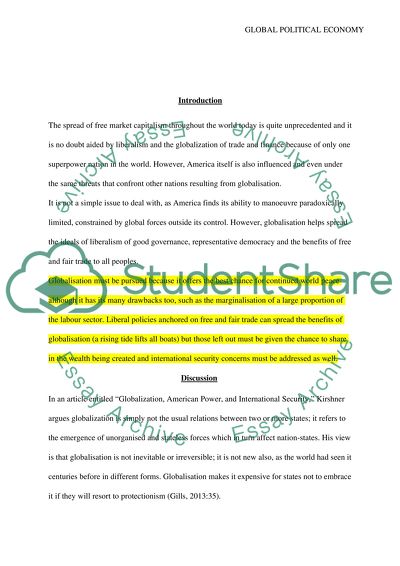Cite this document
(“Global Political Economy:a critical review of its theoretical Essay”, n.d.)
Global Political Economy:a critical review of its theoretical Essay. Retrieved from https://studentshare.org/history/1488089-a-critical-review-of-theoretical-approaches-to-gpe
Global Political Economy:a critical review of its theoretical Essay. Retrieved from https://studentshare.org/history/1488089-a-critical-review-of-theoretical-approaches-to-gpe
(Global Political Economy:A Critical Review of Its Theoretical Essay)
Global Political Economy:A Critical Review of Its Theoretical Essay. https://studentshare.org/history/1488089-a-critical-review-of-theoretical-approaches-to-gpe.
Global Political Economy:A Critical Review of Its Theoretical Essay. https://studentshare.org/history/1488089-a-critical-review-of-theoretical-approaches-to-gpe.
“Global Political Economy:A Critical Review of Its Theoretical Essay”, n.d. https://studentshare.org/history/1488089-a-critical-review-of-theoretical-approaches-to-gpe.


